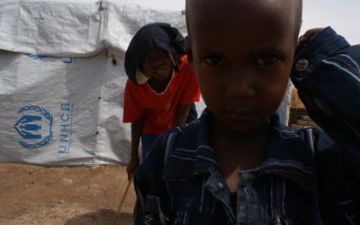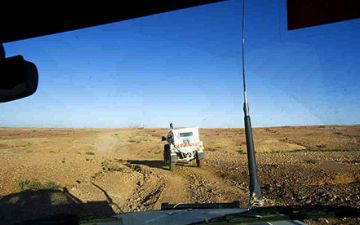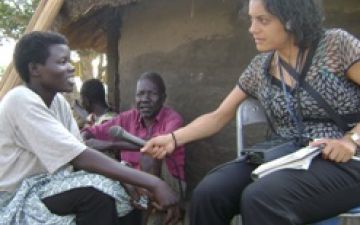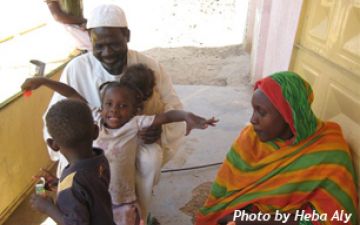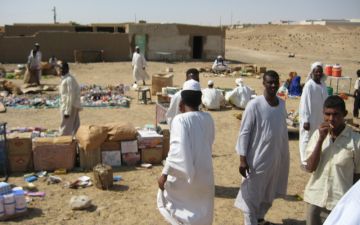Kakuma, Kenya: Life can be cheap
When the flight attendant announces that we should prepare for landing, the plane plummets fast towards the hills at a speed that makes me think about the will which has remained on my to-do list for a while now. The plane steadies, only for a while, for when it hits Loki's runway it is with a thud. Never before had I felt a stronger urge to perform that old ritual of bursting into applause when a plane touched down.
